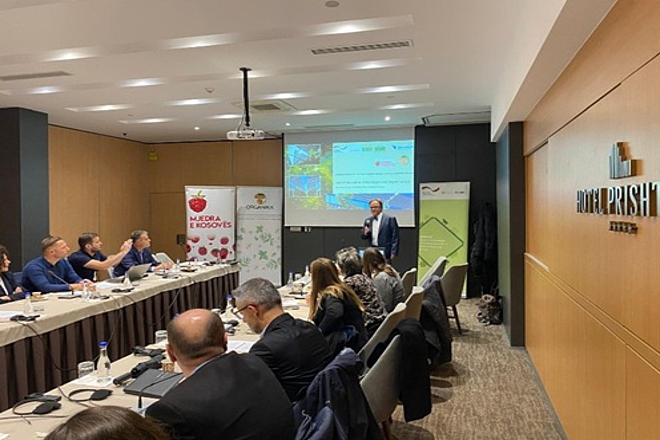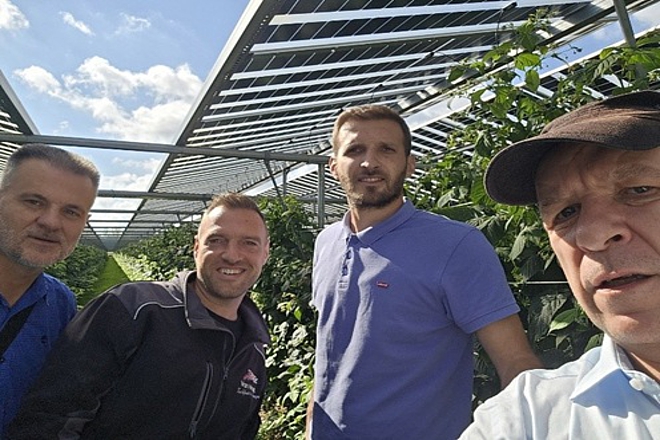NORTH MACEDONIA

| Title | Consultancy Services for Agriculture in the Western Balkan. Support to economic diversification of rural areas in Southeast Europe-SEDRA II. |
| Type of project | Regional & Local Economic Development |
| Client | Deutsche Gesellschaft für Internationale Zusammenarbeit (GIZ) GmbH |
| Origin of funding | German Government through GIZ |
| Duration | 15.05.2025 - 31.10.2025 |
The renewed EU accession process necessitated an adaptation of existing strategies, development policies, and the deployment of instruments, with the objective of shaping the transformation of agriculture and food systems in a manner that fosters the development of a competitive, attractive, and sustainable ecosystem.
To support this development the adoption of a holistic approach was applied in formulating a forward-looking strategy for the transformation of the agriculture and food sector, with a particular focus on mapping the interlinkages between existing strategic approaches.
Concrete examples (Agri-Photovoltaic for berry production; circular economy in the vine sector) were elaborated, and their practical feasibility assessed in close collaboration with relevant partners. As part of this process, mechanisms for aligning EU strategies with regional and national strategies were developed, ensuring that all stakeholders recognize and actively contribute to the achievement of common objectives.
Based on the findings, the SWG (Standing Working Group) was able to formulate policy recommendations to guide subsequent phases. It was essential that the orientation of the REAWGs (Regional Expert Advisory Working Groups) is strategically aligned to support the effective implementation of future measures within the framework of the EU accession process.
The overarching objective was to support the SWG in its role as a political and regional partner, enabling it to demonstrate its contributions more clearly to the European Commission. As well as to further strengthen its positioning, and to be adequately prepared with strategic concepts for the 2027–2030 planning phase.
In this context, close cooperation among governmental institutions, the private sector, and civil society actors will be of particular significance.




